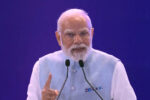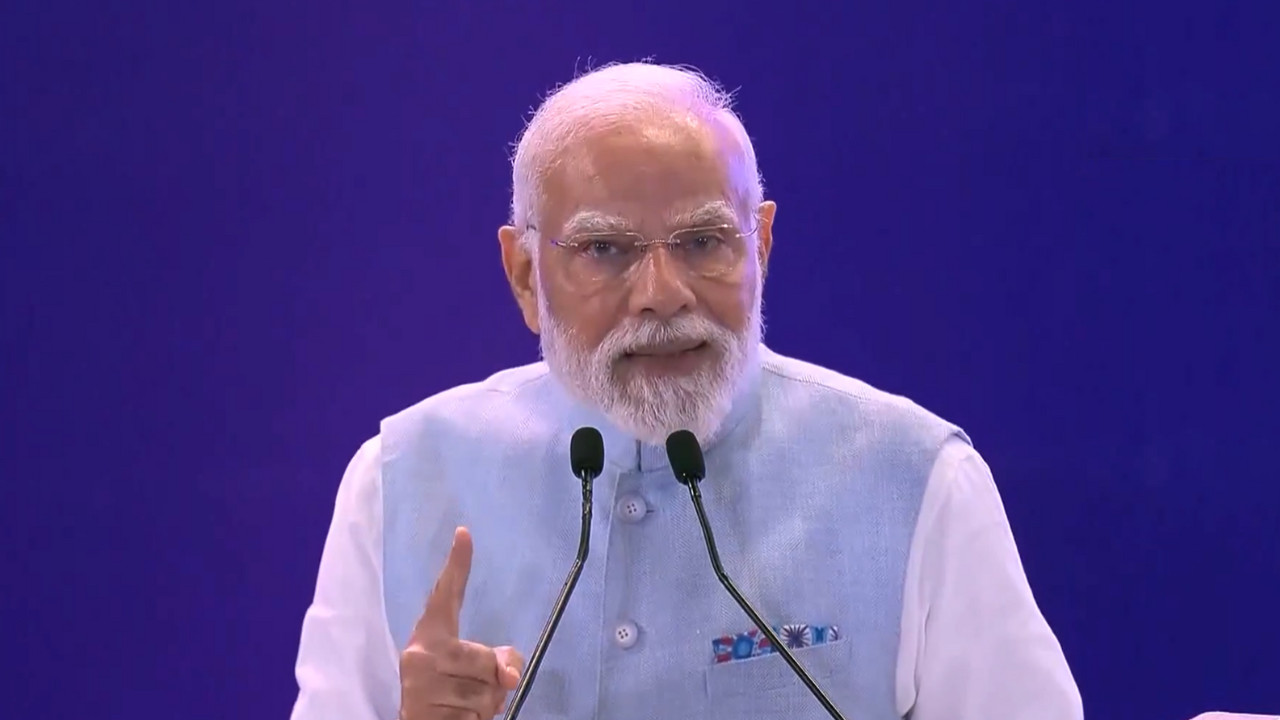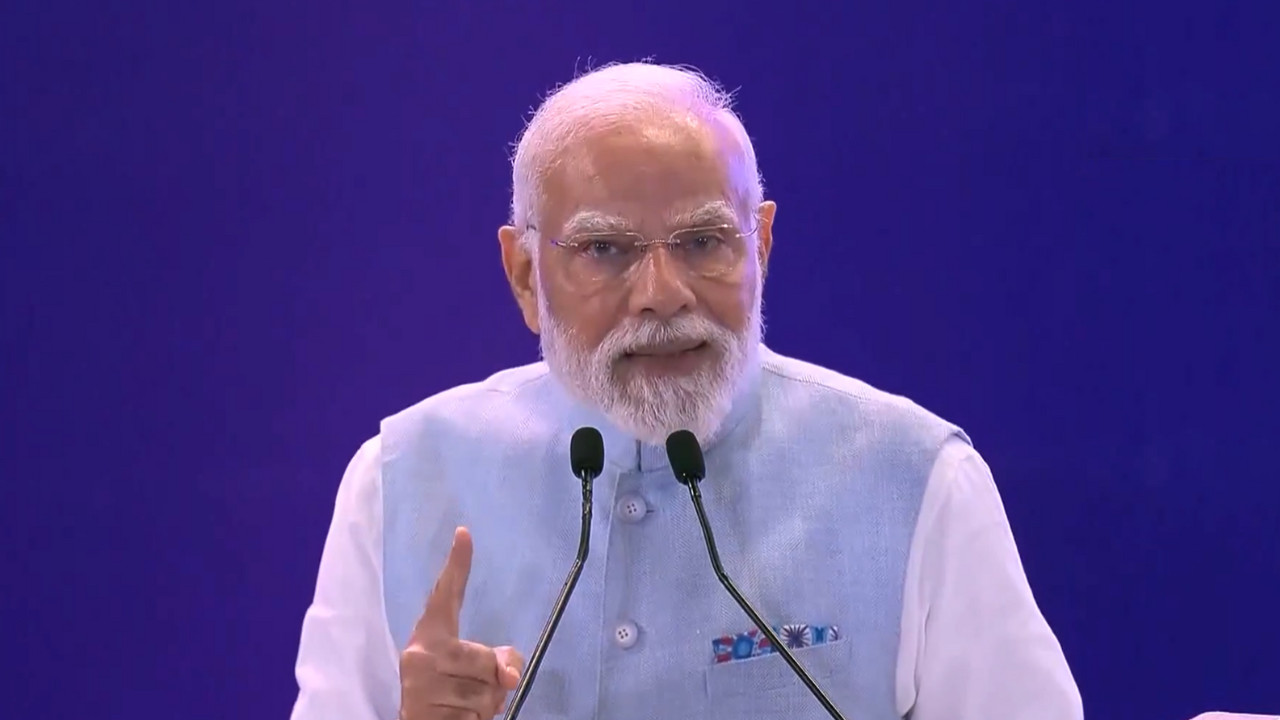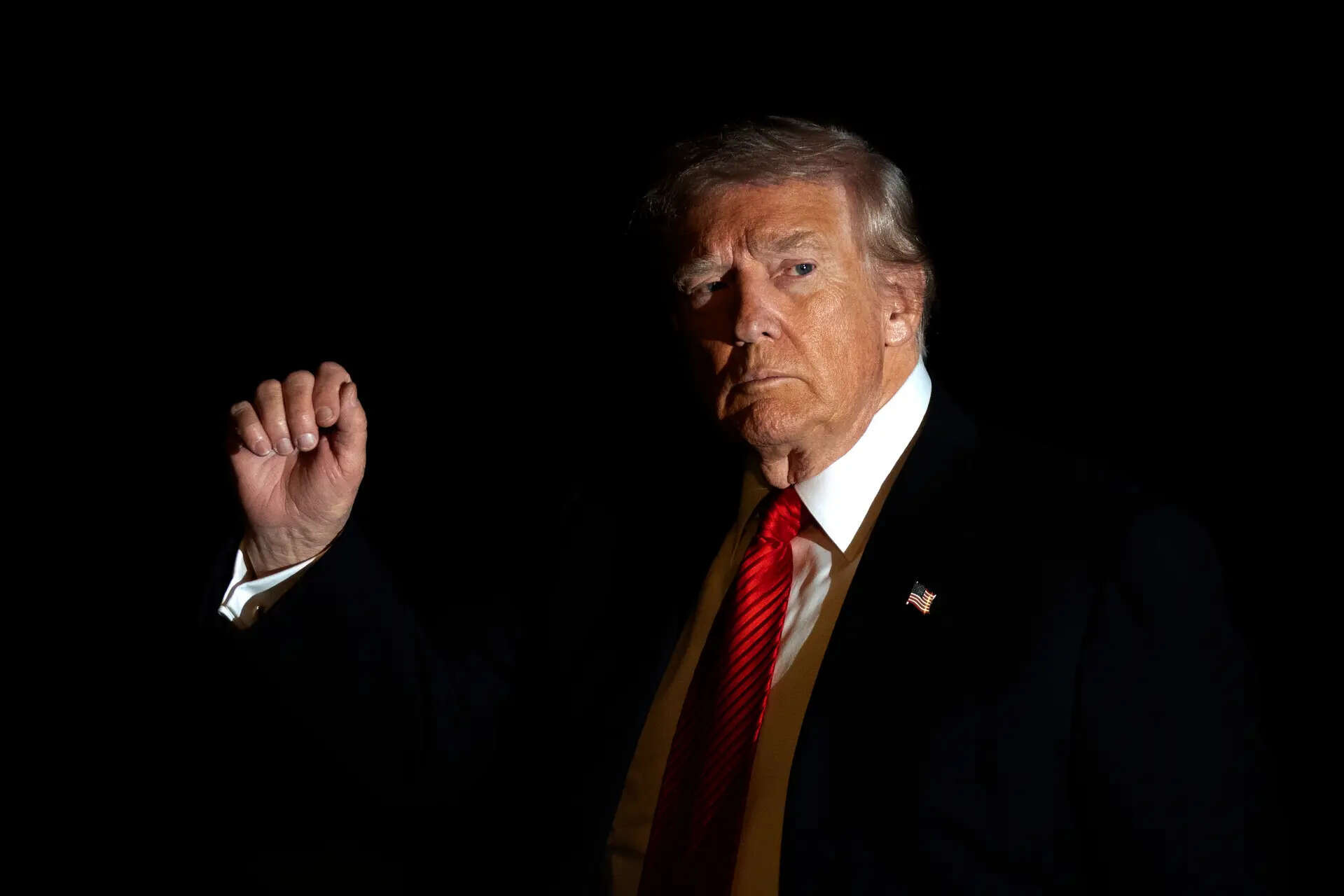The Economic Advisory Council to the Prime Minister’s Chairman, S Mahendra Dev, urged India to accelerate free trade agreement negotiations and expand export markets beyond traditional partners. He emphasized maintaining dialogue with the US for a Bilateral Trade Agreement, despite recent trade friction.
Navigating the Global Trade Winds: Why India Needs to Chart a Bold Course
The world of international trade feels like a ship navigating a turbulent sea, constantly adjusting course to catch favorable winds and avoid treacherous storms. For India, that means being proactive, agile, and strategic about its trade relationships. A recent call to action from Mahendra Dev, chief of the Economic Advisory Council to the Prime Minister (EAC-PM), underscores the urgency of this approach. It’s not just about maintaining the status quo; it’s about accelerating growth and solidifying India’s position on the global stage.
One of the key takeaways from Dev’s message is the need to supercharge free trade agreement (FTA) negotiations with the United States. This isn’t just about reducing tariffs; it’s about forging a deeper economic partnership with a major global player. Think of it as building a sturdy bridge across the ocean, facilitating the smooth flow of goods, services, and investment.
The potential benefits are enormous. A comprehensive FTA with the US could unlock new markets for Indian businesses, boost exports, and create jobs. It could also attract much-needed foreign investment, fueling innovation and driving economic growth. It also strengthens strategic ties, crucial in an increasingly complex world.
But it’s not just about the US. Diversification is the name of the game. Imagine a farmer who only plants one crop. If that crop fails, the farmer is left with nothing. Similarly, relying too heavily on a single export market or product can leave a country vulnerable to economic shocks.
India needs to broaden its export basket and explore new markets. This means identifying emerging opportunities in sectors like technology, renewable energy, and healthcare. It also means strengthening ties with countries in Africa, Latin America, and Southeast Asia. These regions are experiencing rapid growth and represent untapped potential for Indian businesses.
Think of it as planting seeds in different fields, ensuring a diversified and resilient harvest. This diversification also means investing in research and development to create innovative products and services that can compete in the global market. It’s about moving up the value chain and becoming a leader in high-tech industries.

Why Faster FTA Talks are Crucial
Speed matters. In the fast-paced world of international trade, delays can be costly. The longer it takes to negotiate and implement an FTA, the greater the risk of being left behind. Other countries are actively pursuing trade agreements, and India needs to keep pace to remain competitive.
Imagine two runners in a race. One runner hesitates at the starting line, while the other sprints ahead. The runner who hesitated will have a much harder time catching up. Similarly, India needs to be proactive and decisive in its trade negotiations to stay ahead of the competition.
This requires a coordinated effort from government, businesses, and other stakeholders. It means streamlining bureaucratic processes, engaging in constructive dialogue, and being willing to compromise. It’s about working together to achieve a common goal: a prosperous and globally competitive India. Learn more about [India’s export strategy and opportunities here](link-to-related-article).
Beyond Trade Agreements: Building a Competitive Edge
While FTAs are important, they are not the only piece of the puzzle. India also needs to focus on improving its domestic infrastructure, reducing regulatory burdens, and promoting skill development. These are the building blocks of a strong and competitive economy.
Think of it as building a strong foundation for a house. Without a solid foundation, the house will eventually crumble. Similarly, without a strong domestic economy, India will struggle to compete in the global market.
This means investing in roads, ports, and airports to improve connectivity and reduce transportation costs. It means simplifying regulations to make it easier for businesses to operate. And it means providing education and training to equip workers with the skills they need to succeed in the 21st century.
In short, India’s trade strategy needs to be multifaceted and forward-looking. It’s about embracing change, seizing opportunities, and building a resilient and globally competitive economy. It requires bold leadership, strategic thinking, and a willingness to take risks. The future prosperity of India depends on it.
The Road Ahead: A Call to Action
The call for accelerated FTA talks and export diversification is a timely reminder of the challenges and opportunities facing India in the global trade landscape. By embracing a proactive and strategic approach, India can unlock its full potential and emerge as a leading economic power. The path forward demands decisive action, collaborative partnerships, and a commitment to building a strong and competitive economy.







